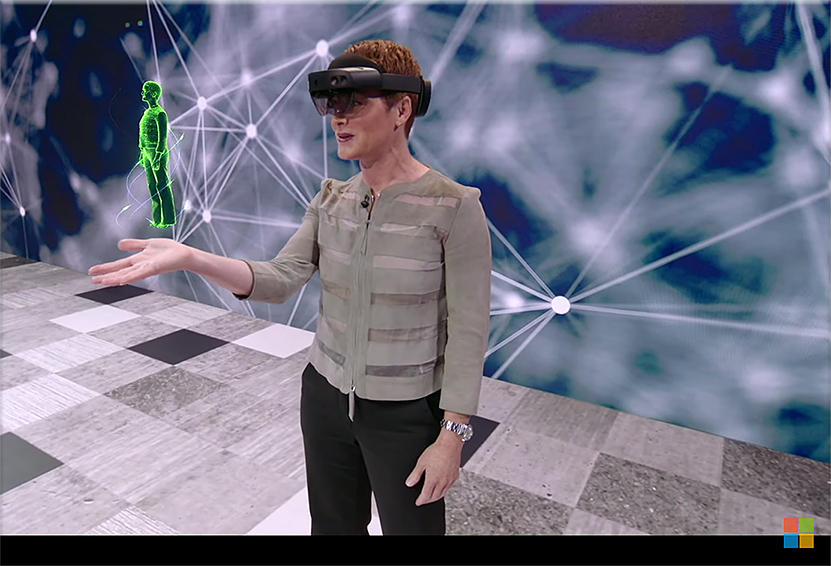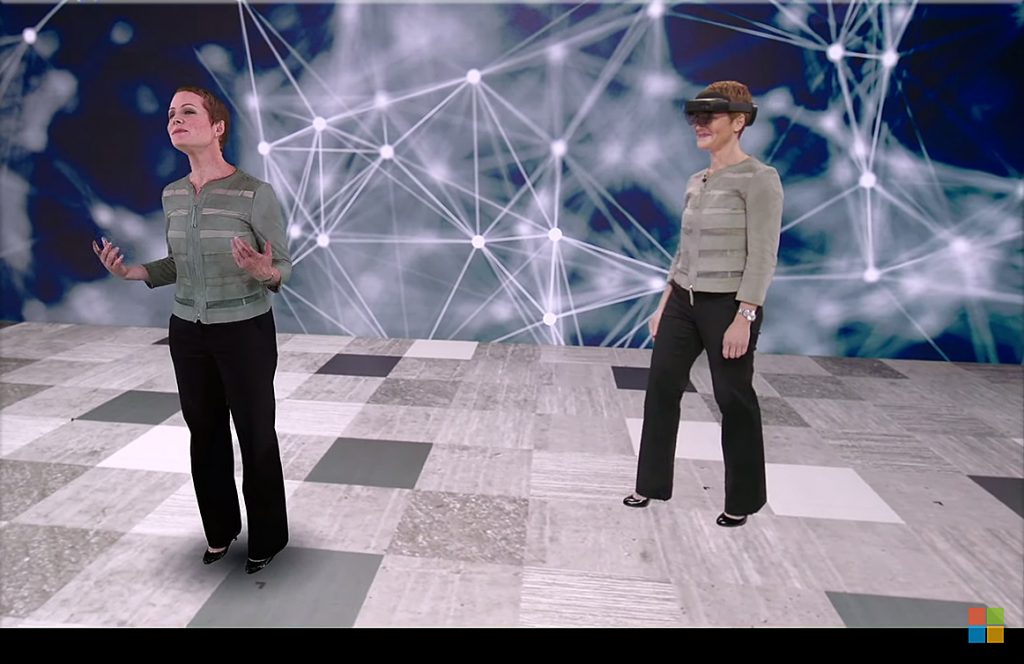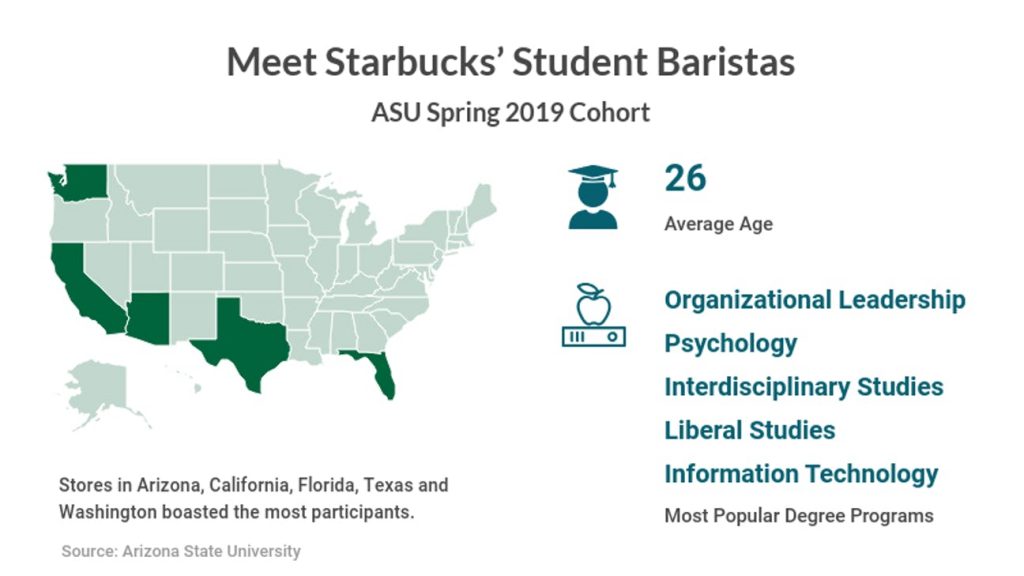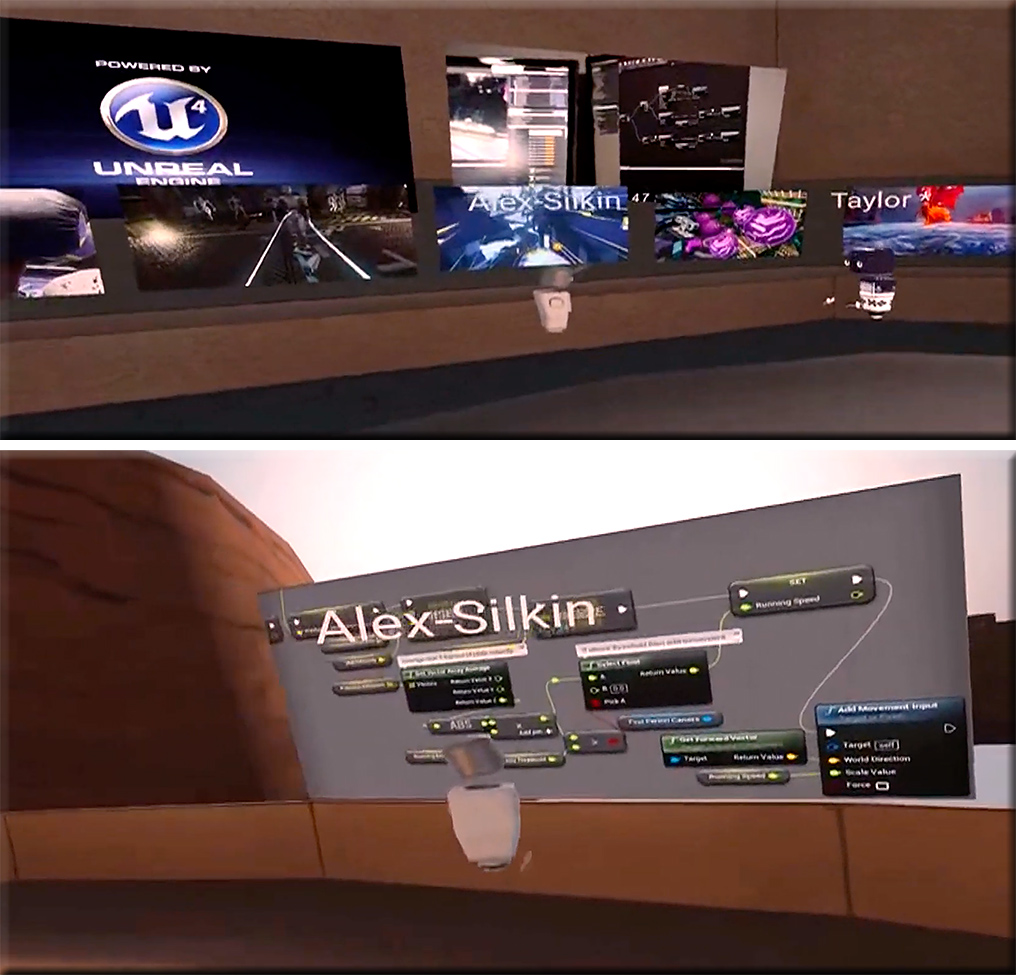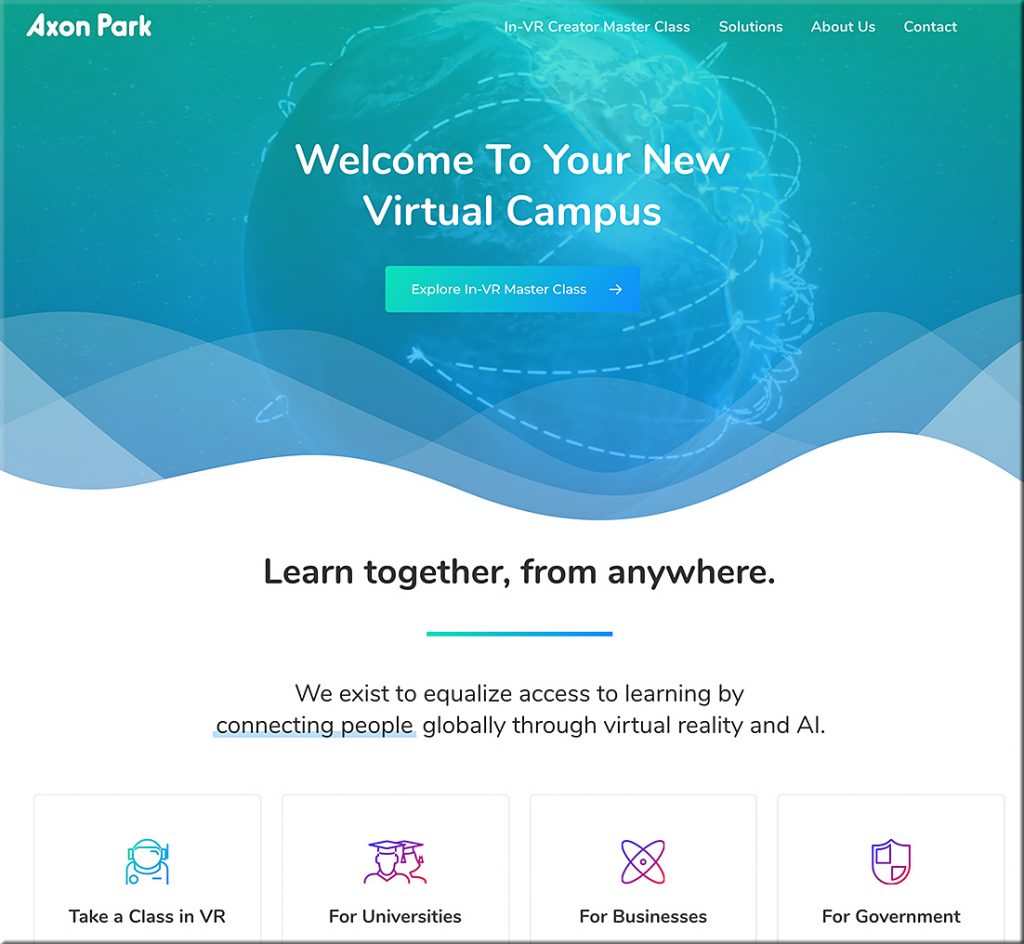Google brings AI to studying with Socratic — from zdnet.com by Stephanie Condon
Ahead of the new school year, Google is re-launching a mobile learning app it acquired last year.
Excerpt:
Google this week started rolling out a revamped version of a mobile learning app, called Socratic, that the tech giant acquired last year. The updated app, with new machine learning-powered features, coincides with the start of the school year, as well as other Google for Education initiatives.
Socratic aims to help both high school and university students in their studies outside of the classroom. If students need help answering a study question, they can now use the Socratic app to ask a question with their voice, or to take a picture of a question in their study materials. The app will then find relevant material from across the web.
Also see:
- The School of Tomorrow Will Revolve Around AI — from datafloq.com
Excerpt:
We live in exponential times, and merely having a digital strategy focused on continuous innovation is no longer enough to thrive in a constantly changing world. To transform an organisation and contribute to building a secure and rewarding networked society, collaboration among employees, customers, business units and even things is increasingly becoming key.Especially with the availability of new technologies such as artificial intelligence, organisations now, more than ever before, need to focus on bringing together the different stakeholders to co-create the future. Big data empowers customers and employees, the Internet of Things will create vast amounts of data and connects all devices, while artificial intelligence creates new human-machine interactions. In today’s world, every organisation is a data organisation, and AI is required to make sense of it all.
Addendum on 8/23/19
- Google: Gmail’s new AI spelling, grammar checks help you avoid email blunders — from zdnet.com by Liam Tung
Gmail on G Suite gains new AI-assisted spellcheck and grammar features.









